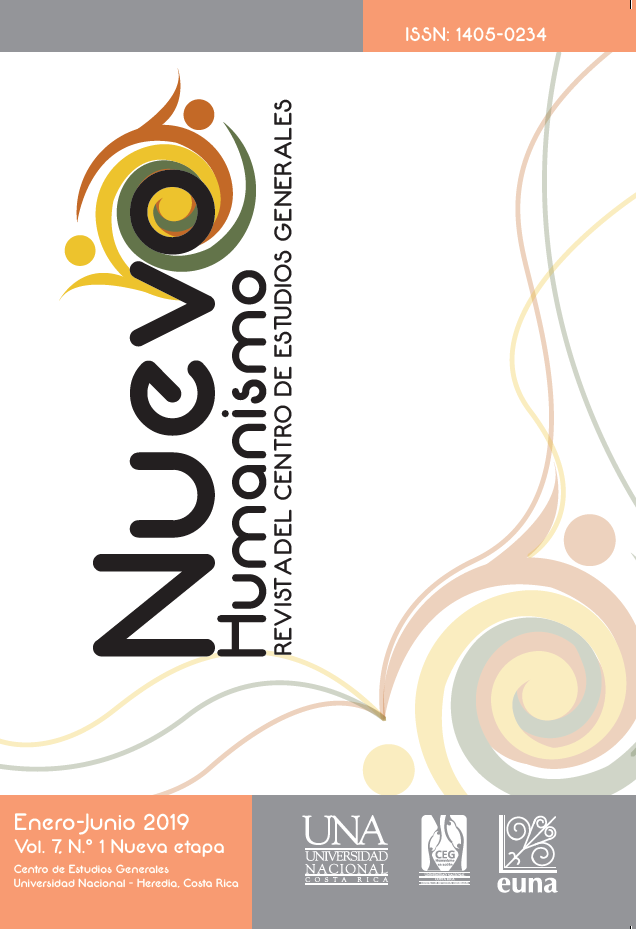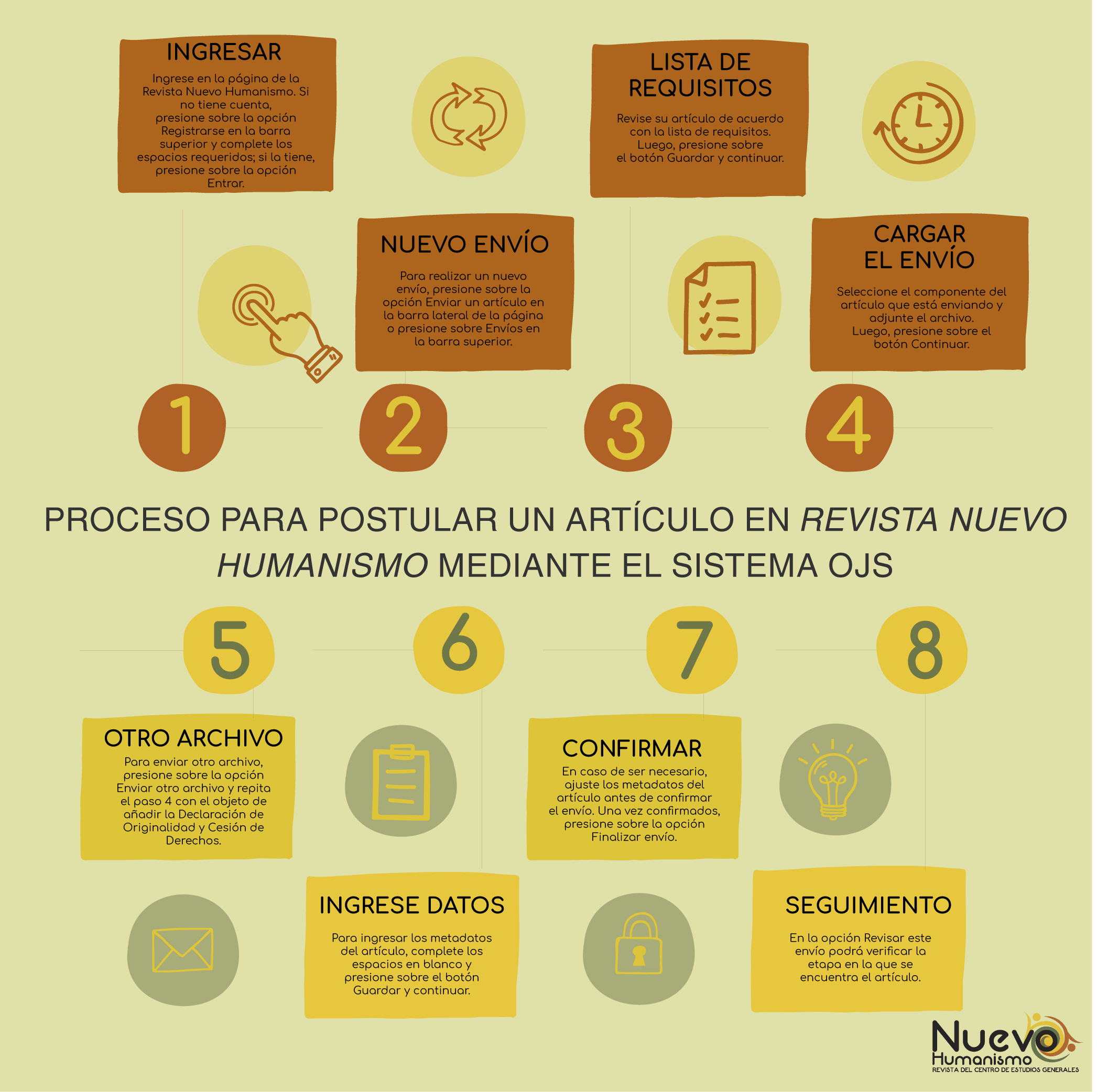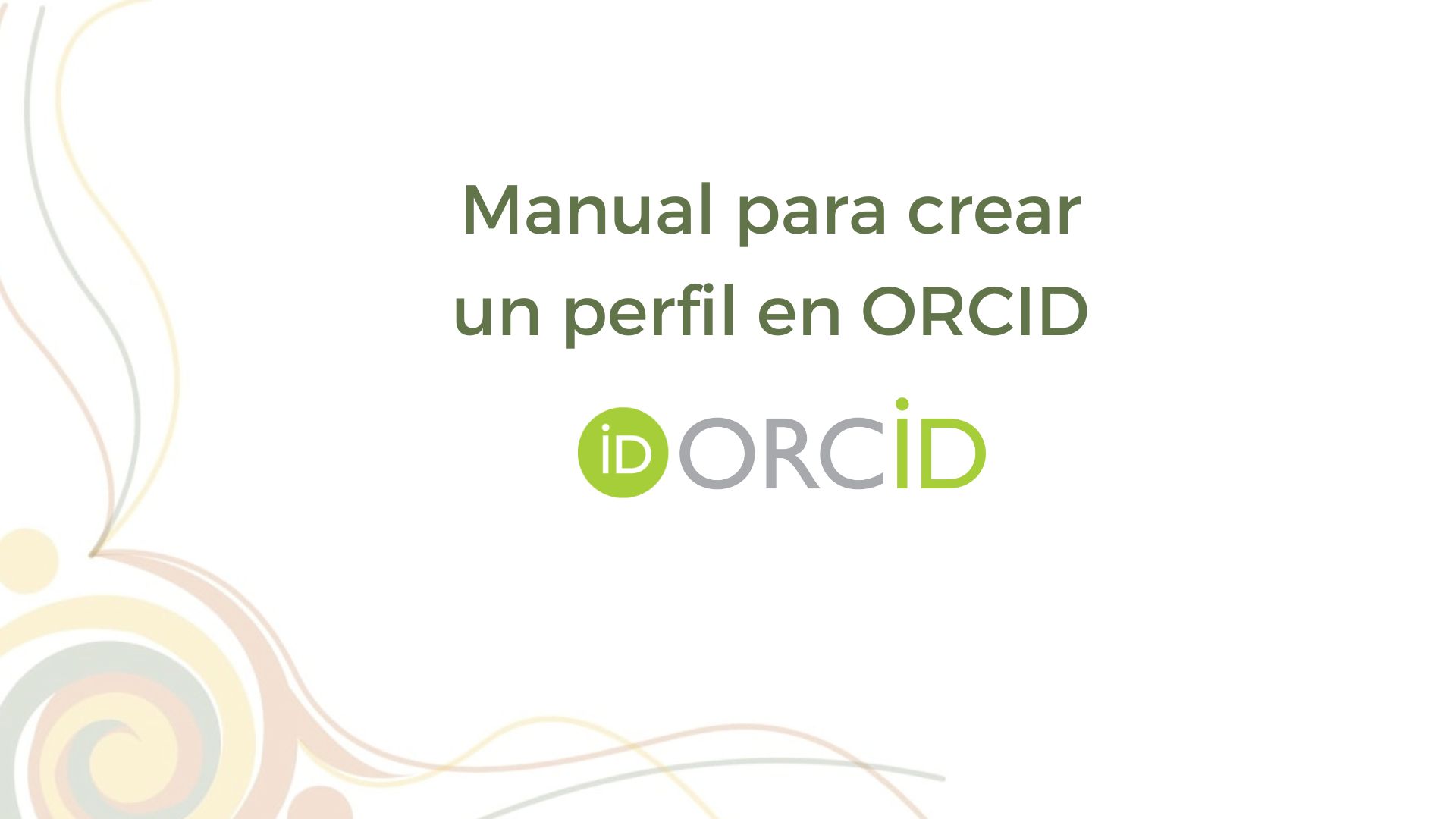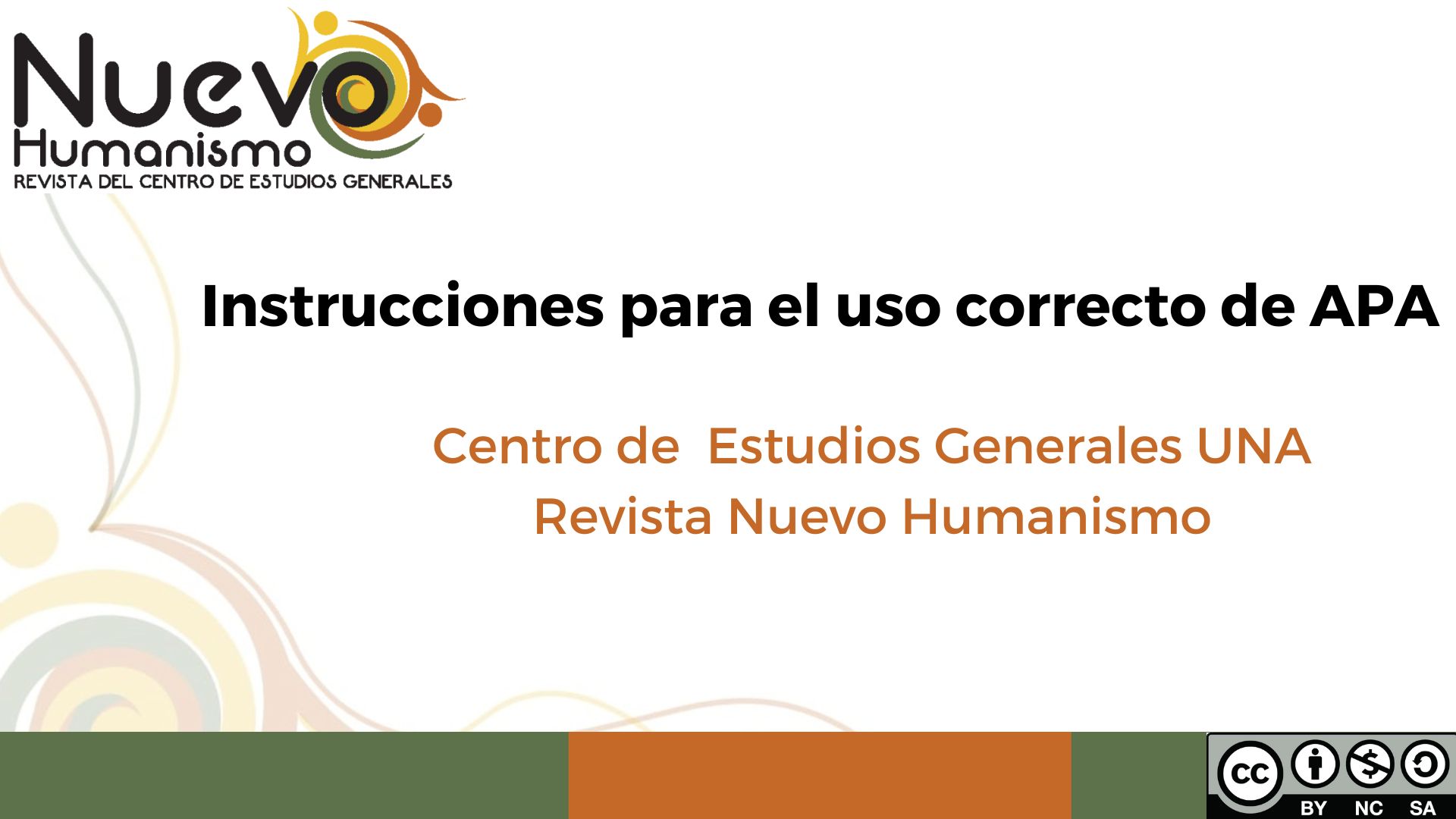Prison, Human Rights, and Imprisonment
DOI:
https://doi.org/10.15359/rnh.7-1.4Abstract
This article aims to analyze the last five years of the Costa Rican Penitentiary System, to show in which state it is and what the public policy proposals have been to address the problem of incarceration of persons and the problems derived from this activity. A theoretical and methodological review is carried out to account for prison overpopulation and the prison as a reforming institution. The discussion is considered important when visualizing the role of the prison system, which has been instrumentalized as a social mechanism and given a justification that allows it to be considered as a solution to the country's delinquency problem. Prison has been given the role of the resocializing entity and the "right" place for people considered as criminals to serve their prison penalties. However, the advent of penal and citizen security reforms from the early twenty-first century led to an increase in the population deprived of liberty and the emergence of two phenomena: overpopulation and overcrowding. This has caused both elements to violate the rights of people imprisoned. Therefore, a proposal is presented to reduce the effects of the use of prison and thereby improve the quality of life of people in incarcerated, based on a different institutional and criminal policy.
References
Aguilar Herrera, G. (2011). Ejecución de la pena, historia, límites y control jurisdiccional. San José, Poder Judicial, Defensa Pública.
Carranza Lucero, E. (2003). Defensa Pública y Personas Presas en América Latina. Revista Defensa Pública. 247-255.
García Pablos de Molina, A. (2005). Tratado de Criminología. España: Editorial Tirant le Blanc
Hulsman, L y Bernart de Celis, J. (1984). Sistema penal y seguridad ciudadana hacia una alternativa. Barcelona, España: Editorial Ariel.
Madrigal, Zamora, R. (2012). El papel de tonto de los mecanismos nacionales de protección frente al fenómeno del hacinamiento carcelario. Revista Digital de la Maestría en Ciencias Penales, (4), 404-466.
Ministerio de Justicia y Gracia. (1993). Plan Nacional de Desarrollo, Registro Nacional, San José, Costa Rica.
Ministerio de Justicia y Paz. Memorias de labores de labores del año 2009 al 2016. San José.
Ministerio de Justicia y Paz. (2018). Política penitenciaria científica y humanista. San José, ICD.
Murillo Rodríguez, R. (2012). Populismo Punitivo, cárcel perpetúa y hacinamiento crítico en Costa Rica, más inseguridad por menos libertad. Reflexiones Jurídicas frente al Populismo Penal en Costa Rica. San José, Costa Rica, 283-300.
Pares i Galles, R. (2001). Efectos de la sobrepoblación penitenciaria en Cataluña. Justicia penal y sobrepoblación penitenciaria. México: Editorial Siglo XXI. Robles Escobar, O. (2012). El hacinamiento carcelario y sus consecuencias. Revista Digital de la Maestría en Ciencias penales, (3), 405- 431.
Sánchez Romero, C. (2018). Aciertos y desafíos de los Sistemas Penitenciarios en América Latina desde una perspectiva de Derechos Humanos. Ponencia para Congreso de Criminología en la Ciudad de Guanajuato, México.
Sánchez Ureña, H. (2011). Las reformas al Código Penal y sus consecuencias en las prisiones: El caso de Costa Rica. Revista Digital de la Maestría en Derecho Penal, (3), 433-455.
Sandoval Huertas, E. (1983). Penología. Parte Especial. Colombia. Universidad Externado Colombia.
Tidball-Binz, M. (2001). Atención de la salud y sobrepoblación penitenciaria. Un problema de todos. En: Justicia Penal y Sobrepoblación penitenciaria. México: Editorial Siglo XXI.
Ramírez Vargas, E. (2011). Derechos humanos y sobrepoblación penitenciaria en Costa Rica: periodo 2008 a 2010 (tesis de maestría). Universidad Estatal a Distancia. Costa Rica.
Zaffaroni, E. (1990). La filosofía del sistema penitenciario en el mundo contemporáneo. Conferencia Especial, seminario regional para Directores de centros penitenciarios y de detención en América Latina. Cruz Roja Internacional, ILANUD, IIDH, San José.
Wacquant, L. (2010). Castigar a los pobres. Barcelona, España: Editorial GEDISA











